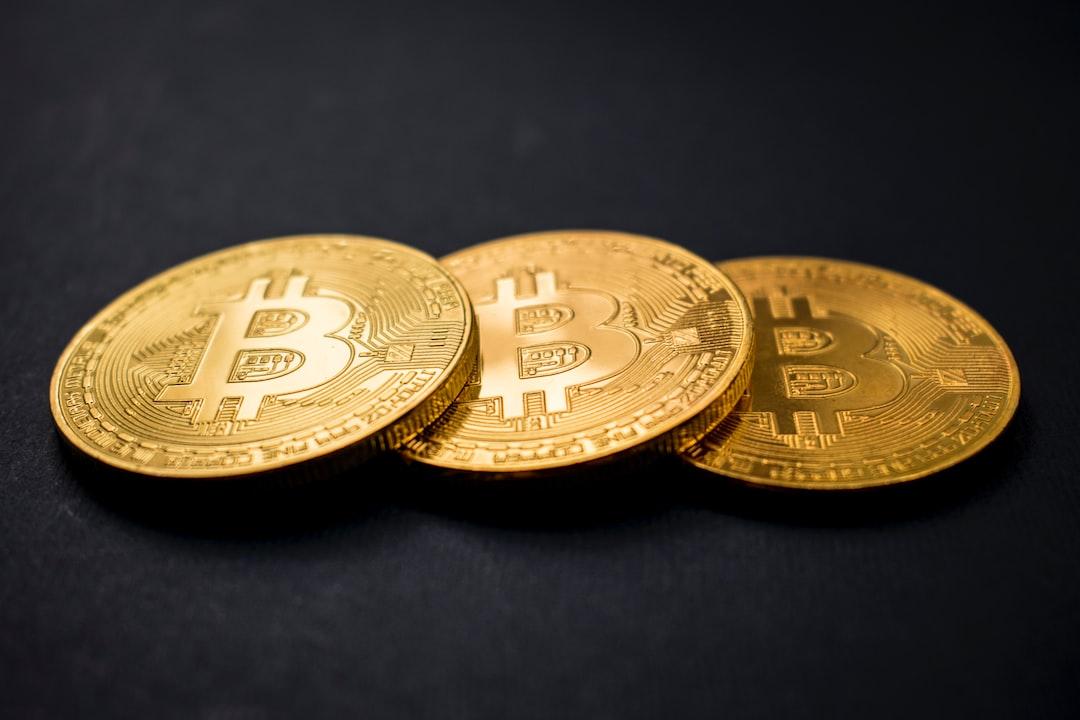FTX Faces Backlash Despite Plans for Full Repayment with Interest
FTX, the cryptocurrency exchange that went bankrupt in November 2022 due to a fraud-induced collapse, is currently facing controversy over its proposed repayment plan for creditors. While FTX announced on May 7 that customers would be repaid their holdings plus interest two years after the collapse, the plan has sparked a backlash among creditors.
Under FTX’s plan, the exchange aims to raise between $14.5 billion and $16.3 billion by selling off assets in order to repay creditors. Creditors will receive $11.2 billion, which could result in a payout of up to 118% of the value of their FTX accounts as of November 2022, compensating for the time value of their investments.
The repayment funds will come from the monetization of various assets, including cryptocurrency held by the platform, proprietary investments held by Alameda or FTX Ventures businesses, and litigation claims. For instance, FTX’s 8% stake in AI startup Anthropic was sold to institutional investors for $884 million in March.
However, despite FTX’s repayment plan, creditors are furious because they will not receive their cryptocurrency back. Instead, they will be given US dollars based on the value of their accounts at the time of FTX’s bankruptcy in November 2022. This has caused backlash as the cryptocurrency market has experienced a significant resurgence since the collapse, with Bitcoin’s value more than tripling. Creditors will only receive a 9% interest rate, which many believe does not adequately compensate for the true value of their lost assets.
A Bloomberg report highlighted the frustration of creditors like Arush Sehgal and Acaena Amoros Romero, who had their life savings tied up in FTX and are now set to recoup only a fraction of what their accounts would be worth today.
Sehgal, a former member of the FTX creditor committee, has been critical of the handling of the case by restructuring advisors, stating that “a hundred cents on the dollar doesn’t really mean much to me.” This sentiment is shared by many creditors who feel that the proposed repayment plan falls short.
While FTX has indicated that repayments could be issued later this year, resistance from creditors and ongoing legal battles may impede the process. Over 80 creditors have filed letters with the bankruptcy court, criticizing decisions made by FTX CEO John Ray, particularly regarding the methodology used to determine account values.
Sehgal estimates that over 1,500 creditors share his views, as evident in the response on FTX.vote, a platform he created to mobilize opposition to the plan. In January, a group of creditors sued FTX in bankruptcy court, arguing that their cryptocurrency cannot be sold by FTX.
The resolution of this legal battle will determine the fate of the FTX repayment plan and the financial recovery for its former customers. The success of the plan in satisfying creditors depends on the outcome of this legal dispute and the overall direction of the cryptocurrency industry.


